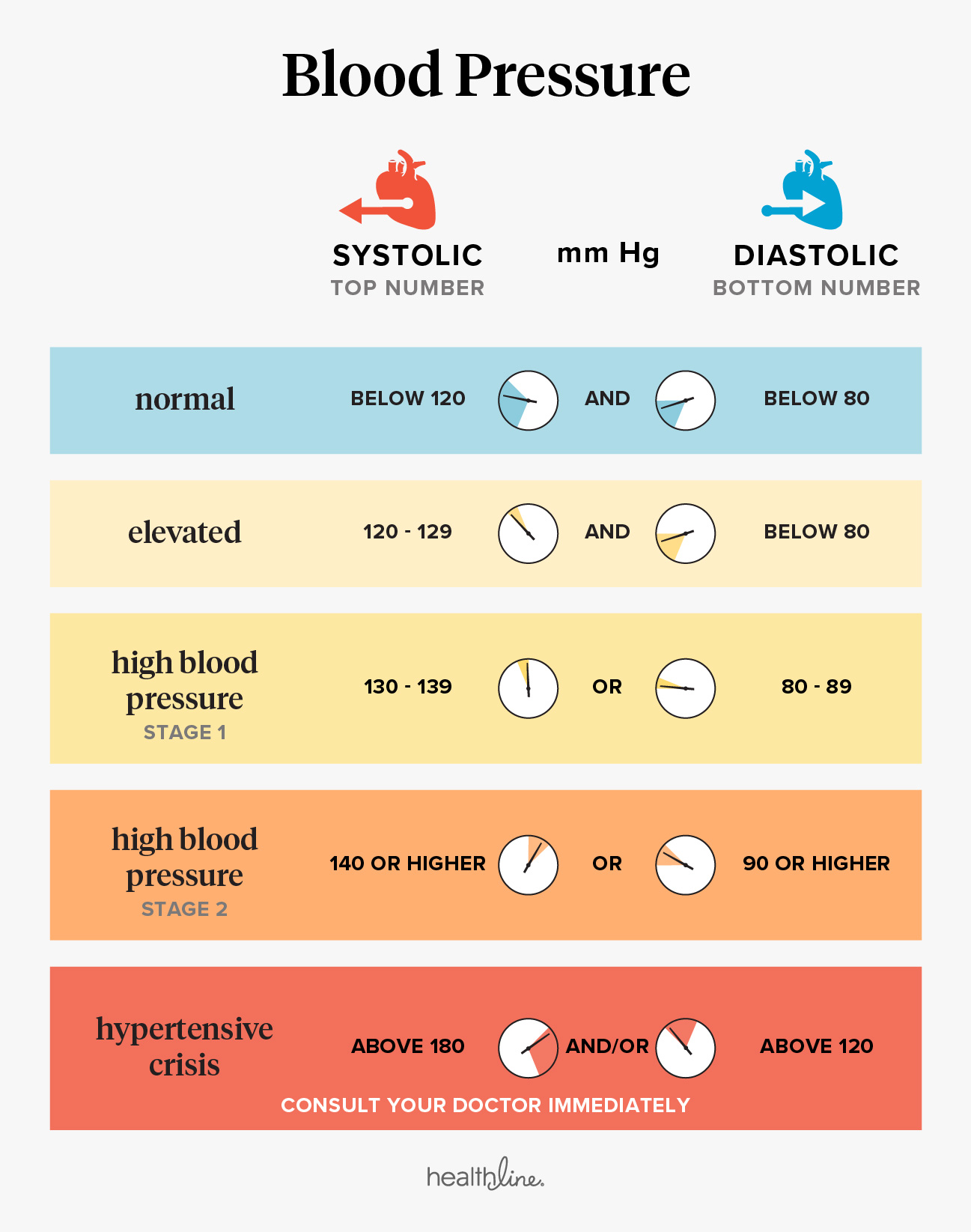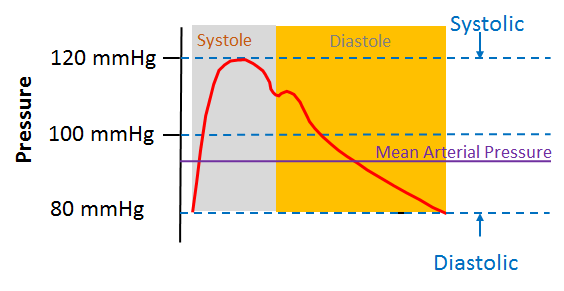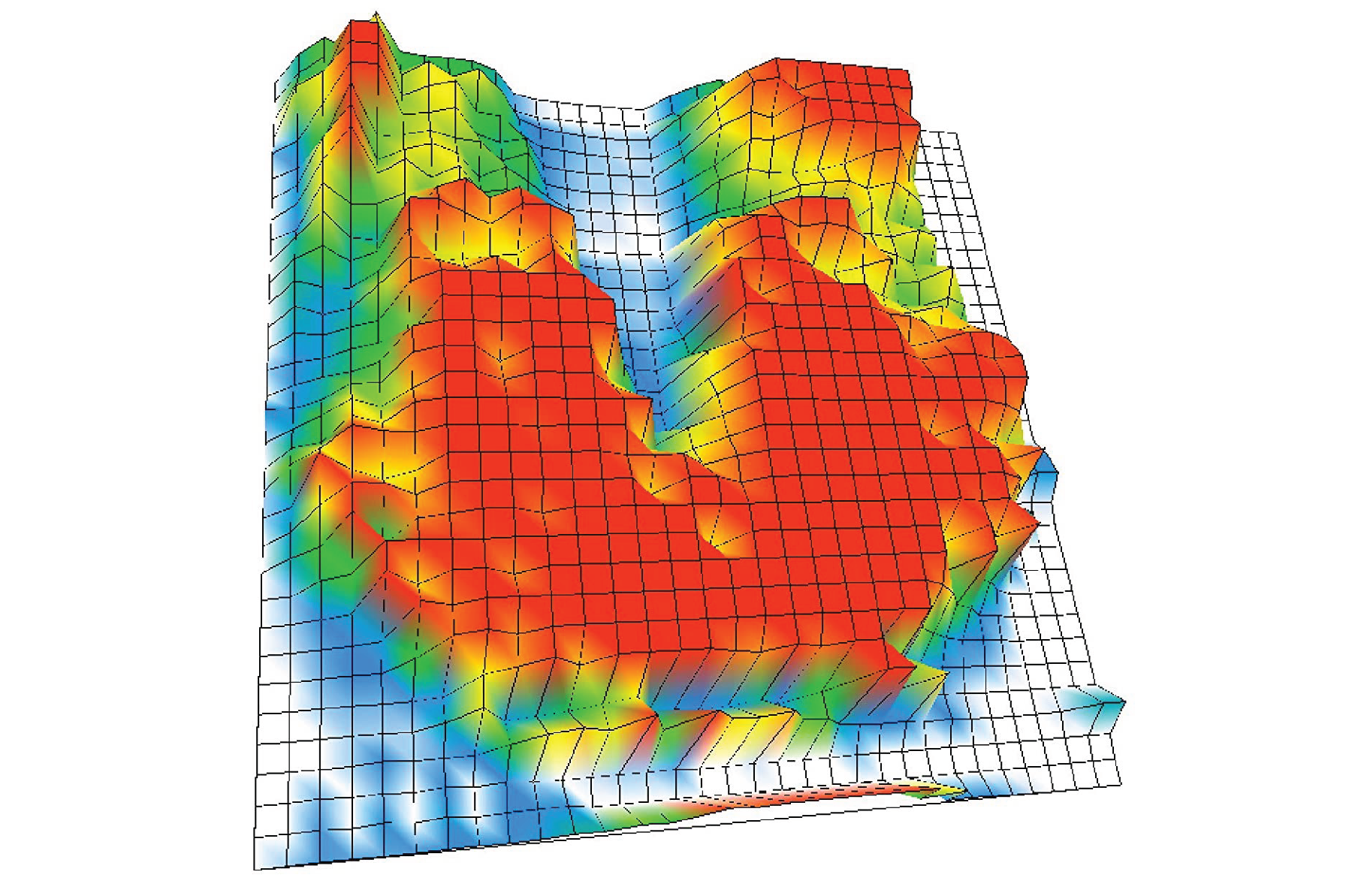Understanding the Importance of Normal Map Pressure: A Comprehensive Guide
Related Articles: Understanding the Importance of Normal Map Pressure: A Comprehensive Guide
Introduction
With enthusiasm, let’s navigate through the intriguing topic related to Understanding the Importance of Normal Map Pressure: A Comprehensive Guide. Let’s weave interesting information and offer fresh perspectives to the readers.
Table of Content
Understanding the Importance of Normal Map Pressure: A Comprehensive Guide

The term "map pressure normal" might sound technical and unfamiliar, but it refers to a crucial aspect of our everyday lives – the pressure within our arteries. This pressure, known as blood pressure, is essential for maintaining a healthy cardiovascular system. It’s the force that propels blood throughout the body, delivering oxygen and nutrients to vital organs.
What is Blood Pressure?
Blood pressure is the measurement of the force exerted by blood against the walls of arteries. It’s measured in millimeters of mercury (mmHg) and is typically expressed as two numbers:
- Systolic Pressure: The top number represents the pressure in the arteries when the heart beats, pumping blood out.
- Diastolic Pressure: The bottom number represents the pressure in the arteries when the heart rests between beats.
Normal Blood Pressure Ranges
Maintaining a healthy blood pressure is crucial for overall well-being. The American Heart Association (AHA) defines normal blood pressure as:
- Systolic pressure: Less than 120 mmHg
- Diastolic pressure: Less than 80 mmHg
Factors Influencing Blood Pressure
Numerous factors can influence blood pressure, including:
- Age: Blood pressure tends to increase with age.
- Genetics: Family history of high blood pressure can increase your risk.
- Lifestyle: Factors like smoking, alcohol consumption, lack of exercise, and an unhealthy diet can contribute to high blood pressure.
- Underlying Medical Conditions: Certain conditions like kidney disease, diabetes, and thyroid disorders can affect blood pressure.
- Stress: Chronic stress can elevate blood pressure.
- Medications: Some medications, such as birth control pills, can affect blood pressure.
The Importance of Normal Blood Pressure
Maintaining normal blood pressure is essential for several reasons:
- Reduced Risk of Cardiovascular Diseases: High blood pressure is a major risk factor for heart disease, stroke, and other cardiovascular problems.
- Improved Heart Health: Normal blood pressure allows the heart to function efficiently and reduces strain on the cardiovascular system.
- Enhanced Brain Function: Adequate blood flow to the brain is crucial for cognitive function, memory, and overall mental health.
- Lower Risk of Kidney Disease: High blood pressure can damage the kidneys, leading to kidney failure over time.
- Improved Overall Health: Maintaining a healthy blood pressure contributes to a better quality of life and reduces the risk of developing other health issues.
High Blood Pressure: A Silent Killer
High blood pressure, also known as hypertension, is a serious condition that often goes unnoticed. It’s often referred to as a "silent killer" because it often has no symptoms in its early stages. Left untreated, high blood pressure can lead to severe health complications.
Low Blood Pressure: A Concern Too
While high blood pressure is a significant concern, low blood pressure, known as hypotension, can also be problematic. It can cause dizziness, lightheadedness, and even fainting.
Tips for Maintaining Normal Blood Pressure
Several lifestyle modifications can help maintain normal blood pressure:
- Adopt a Healthy Diet: Choose a diet rich in fruits, vegetables, whole grains, and lean protein. Limit processed foods, saturated fats, and sodium intake.
- Regular Exercise: Aim for at least 30 minutes of moderate-intensity exercise most days of the week.
- Maintain a Healthy Weight: Losing even a small amount of weight can significantly reduce blood pressure.
- Quit Smoking: Smoking damages blood vessels and increases the risk of high blood pressure.
- Limit Alcohol Consumption: Excessive alcohol intake can raise blood pressure.
- Manage Stress: Find healthy ways to manage stress, such as exercise, meditation, or yoga.
- Regular Checkups: Get regular blood pressure checks to monitor your readings and identify any potential issues early on.
FAQs Regarding Blood Pressure
1. How Often Should I Check My Blood Pressure?
The frequency of blood pressure checks depends on individual risk factors and health history. However, it’s generally recommended to check your blood pressure at least once a year, or more frequently if you have risk factors for high blood pressure.
2. What Should I Do If My Blood Pressure is High?
If you have high blood pressure, it’s essential to consult a healthcare professional. They can determine the underlying cause and recommend appropriate treatment options, which may include lifestyle modifications, medication, or both.
3. Can I Lower My Blood Pressure With Diet and Exercise Alone?
In some cases, lifestyle changes alone can effectively lower blood pressure. However, for individuals with significant hypertension, medication may be necessary.
4. What are the Common Symptoms of High Blood Pressure?
High blood pressure often has no symptoms in its early stages. However, as it progresses, symptoms may include headaches, dizziness, nosebleeds, and fatigue.
5. Can I Use a Home Blood Pressure Monitor?
Yes, home blood pressure monitors are widely available and can be helpful for monitoring your blood pressure regularly. However, it’s essential to calibrate the monitor regularly and consult with your doctor for interpretation of readings.
Conclusion
Maintaining normal blood pressure is crucial for overall health and well-being. Understanding the factors influencing blood pressure and adopting healthy lifestyle habits can significantly reduce the risk of developing hypertension and its associated complications. Regular blood pressure checks and timely intervention are essential for managing blood pressure effectively and preventing serious health issues.
By prioritizing a healthy lifestyle and seeking professional guidance when necessary, individuals can take proactive steps to maintain normal blood pressure and ensure a healthier future.




_-_drlogy_calculator.webp)
.jpg)


Closure
Thus, we hope this article has provided valuable insights into Understanding the Importance of Normal Map Pressure: A Comprehensive Guide. We hope you find this article informative and beneficial. See you in our next article!